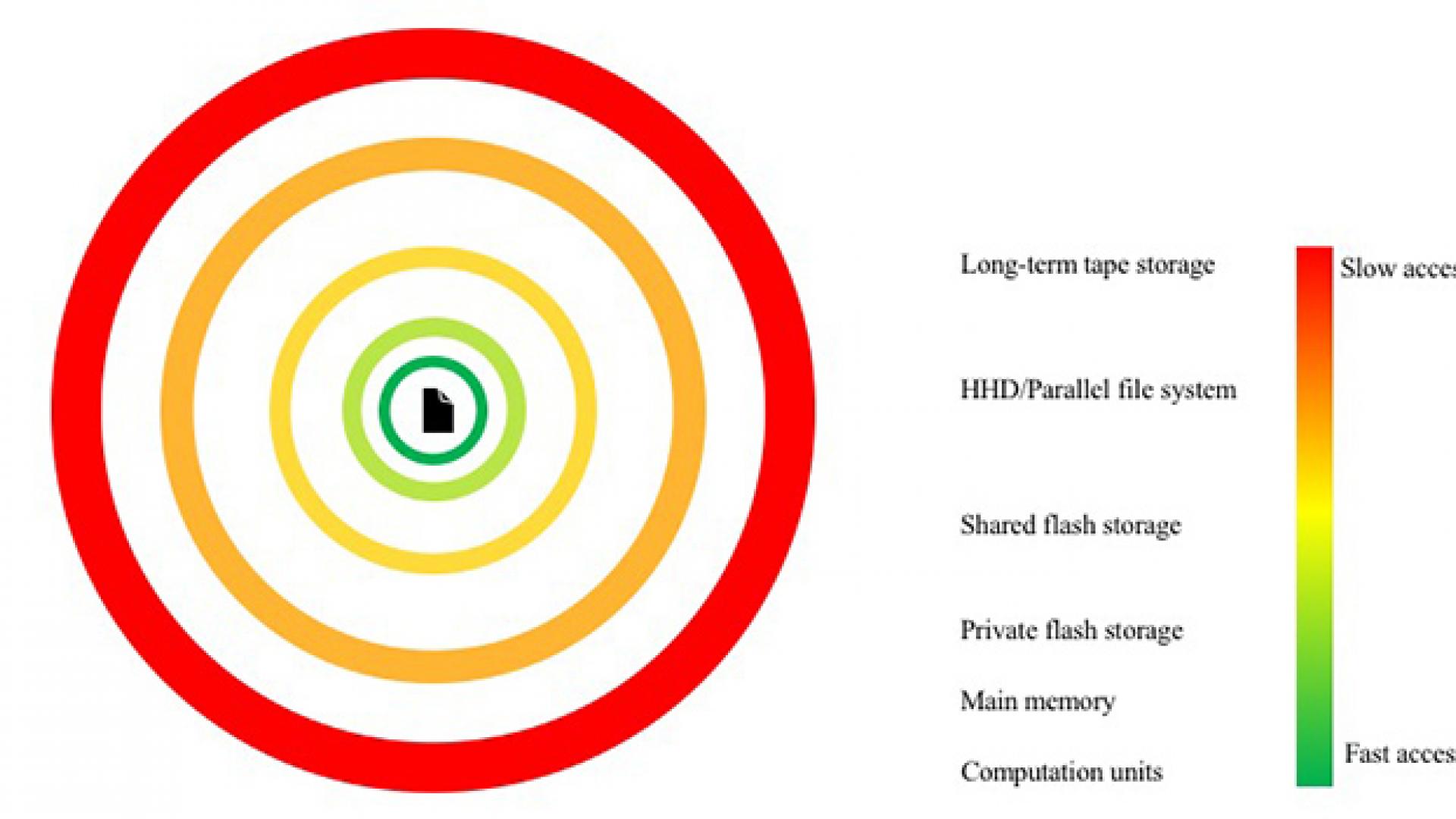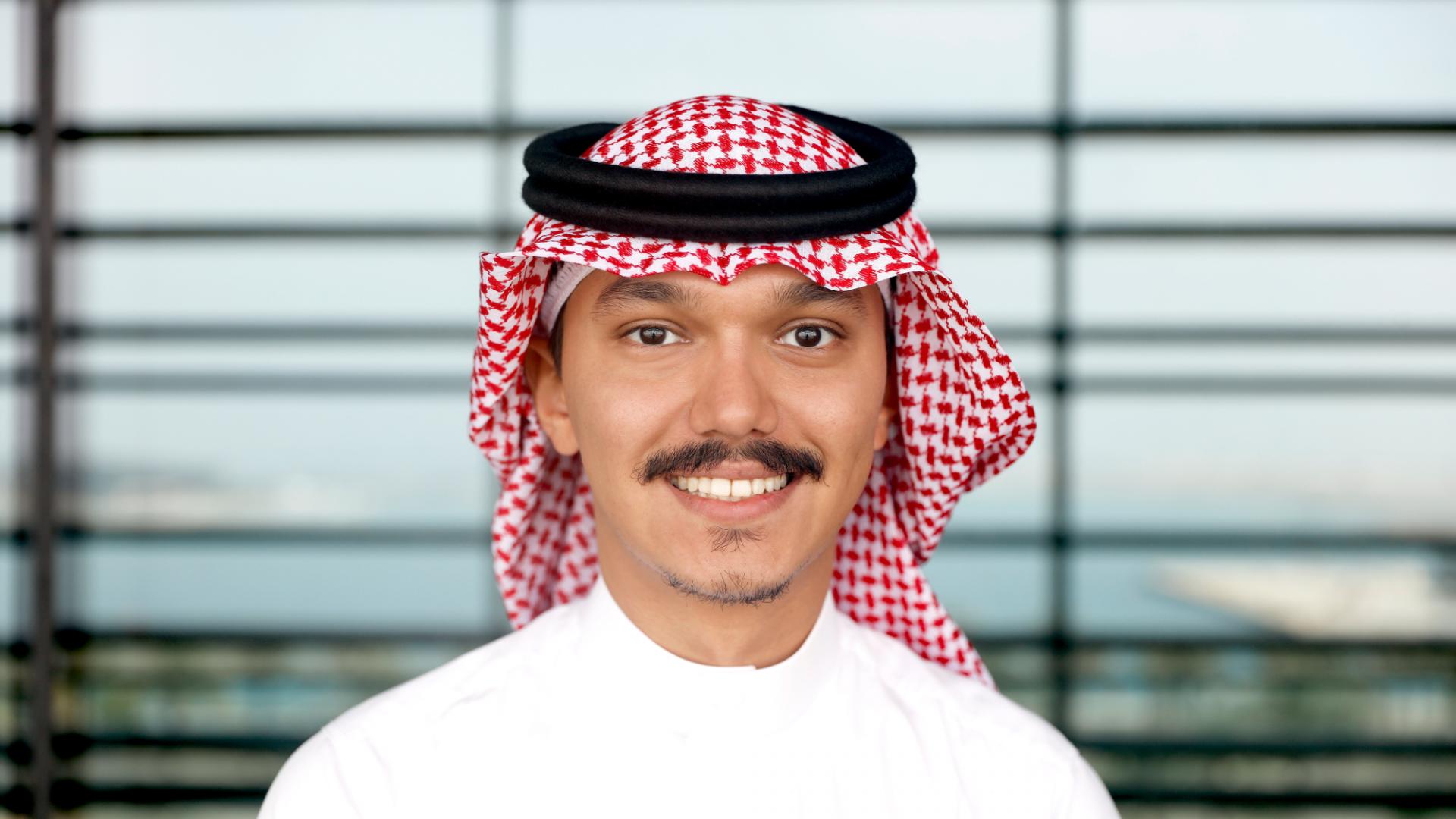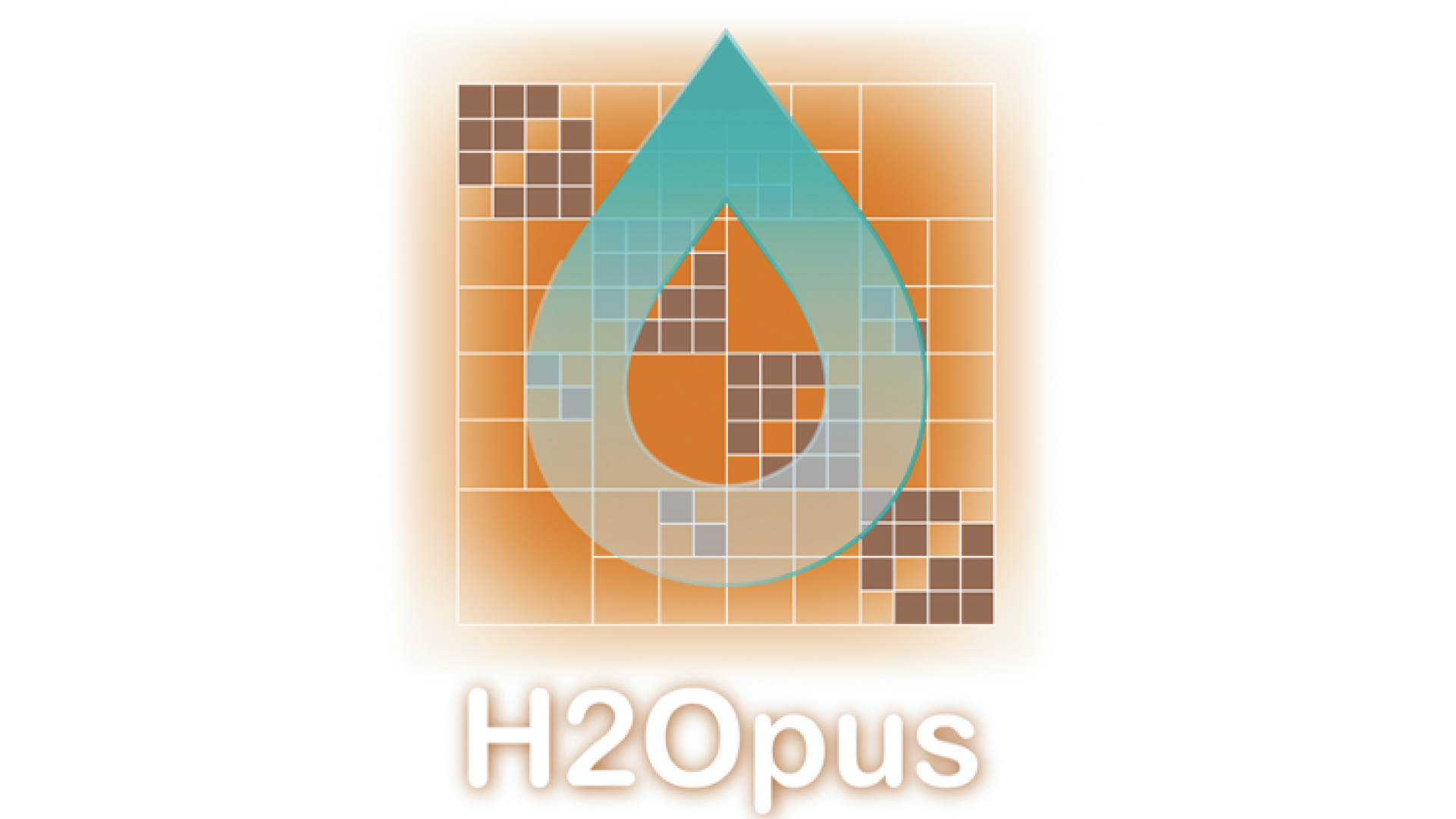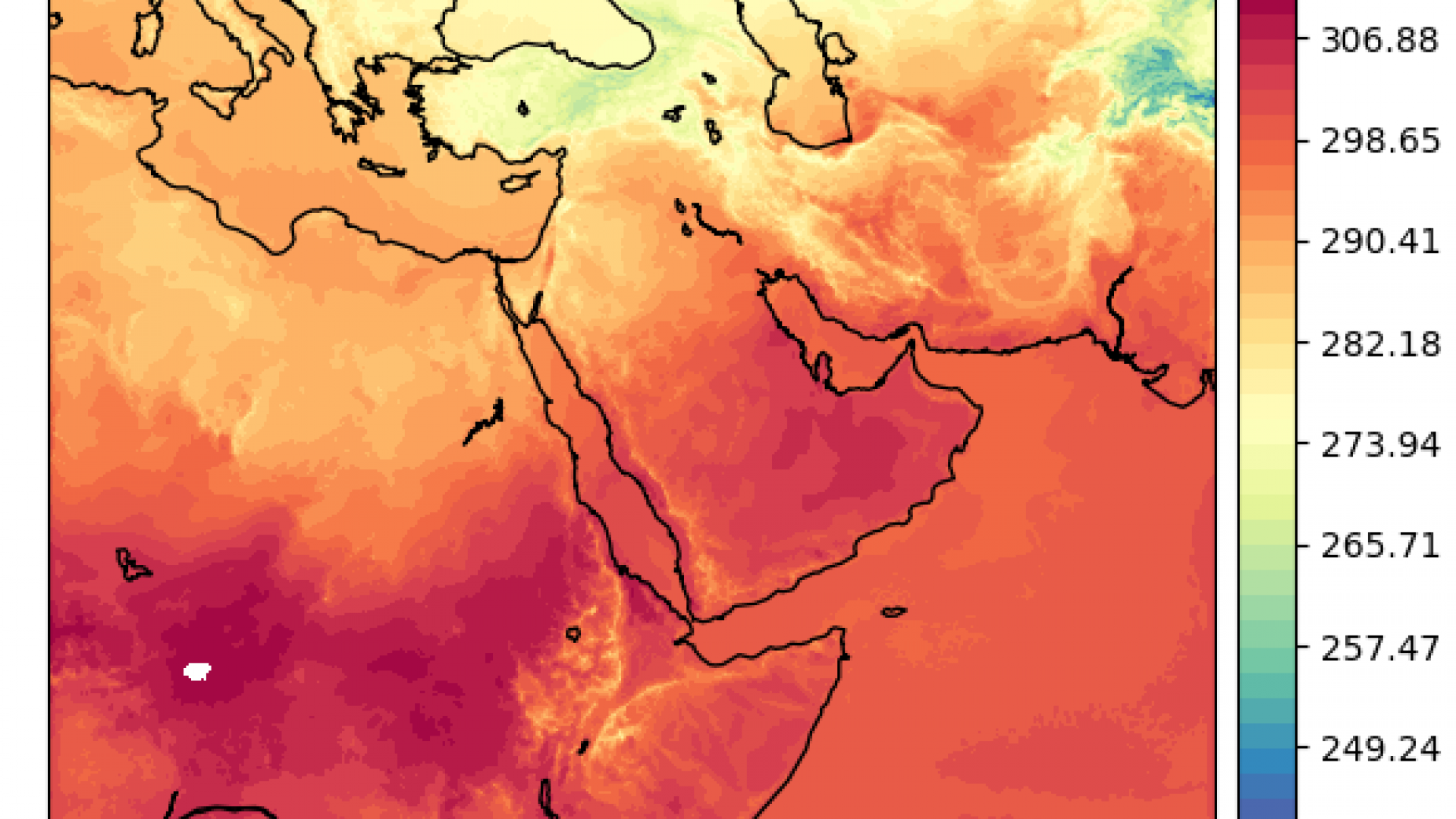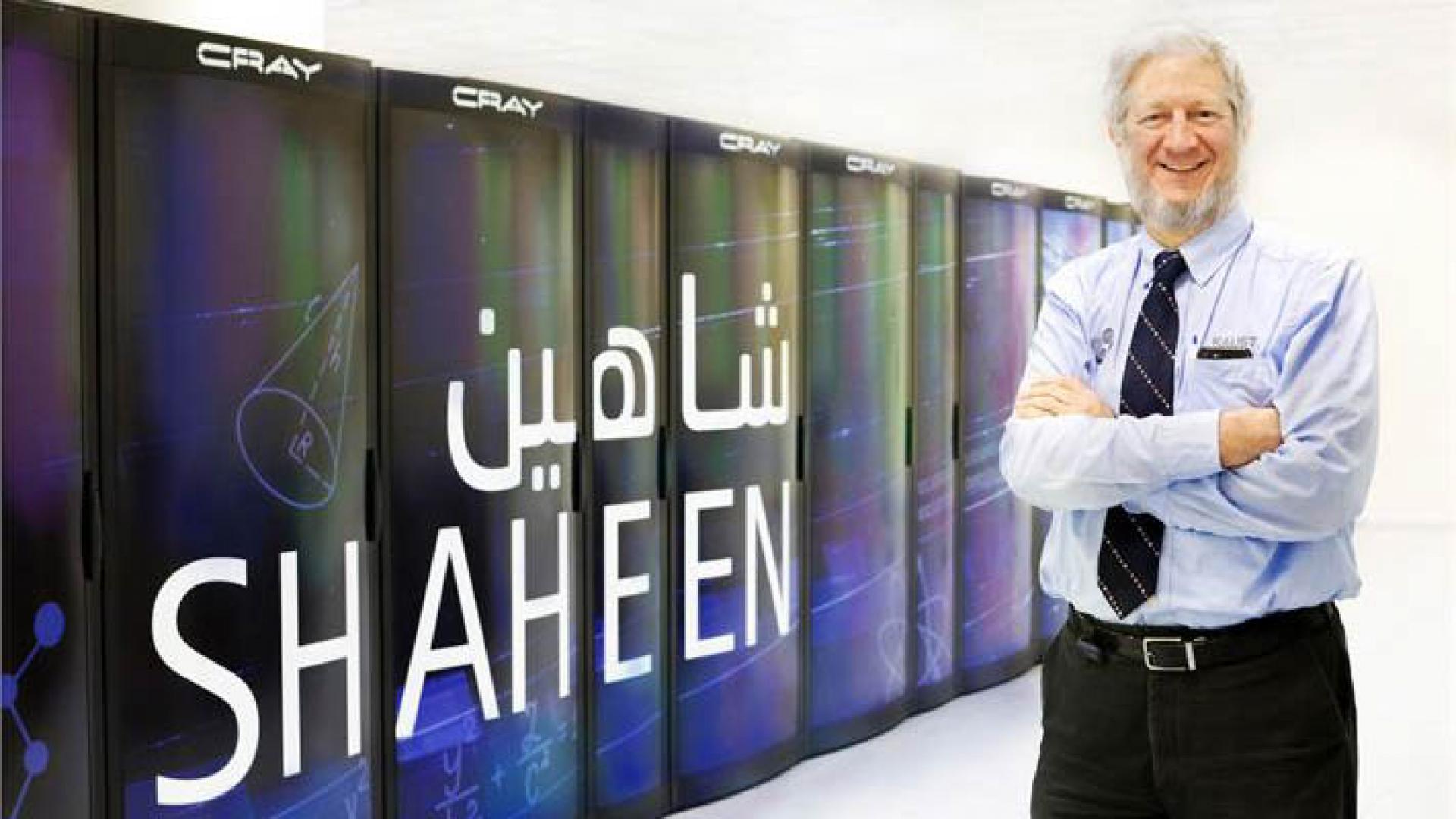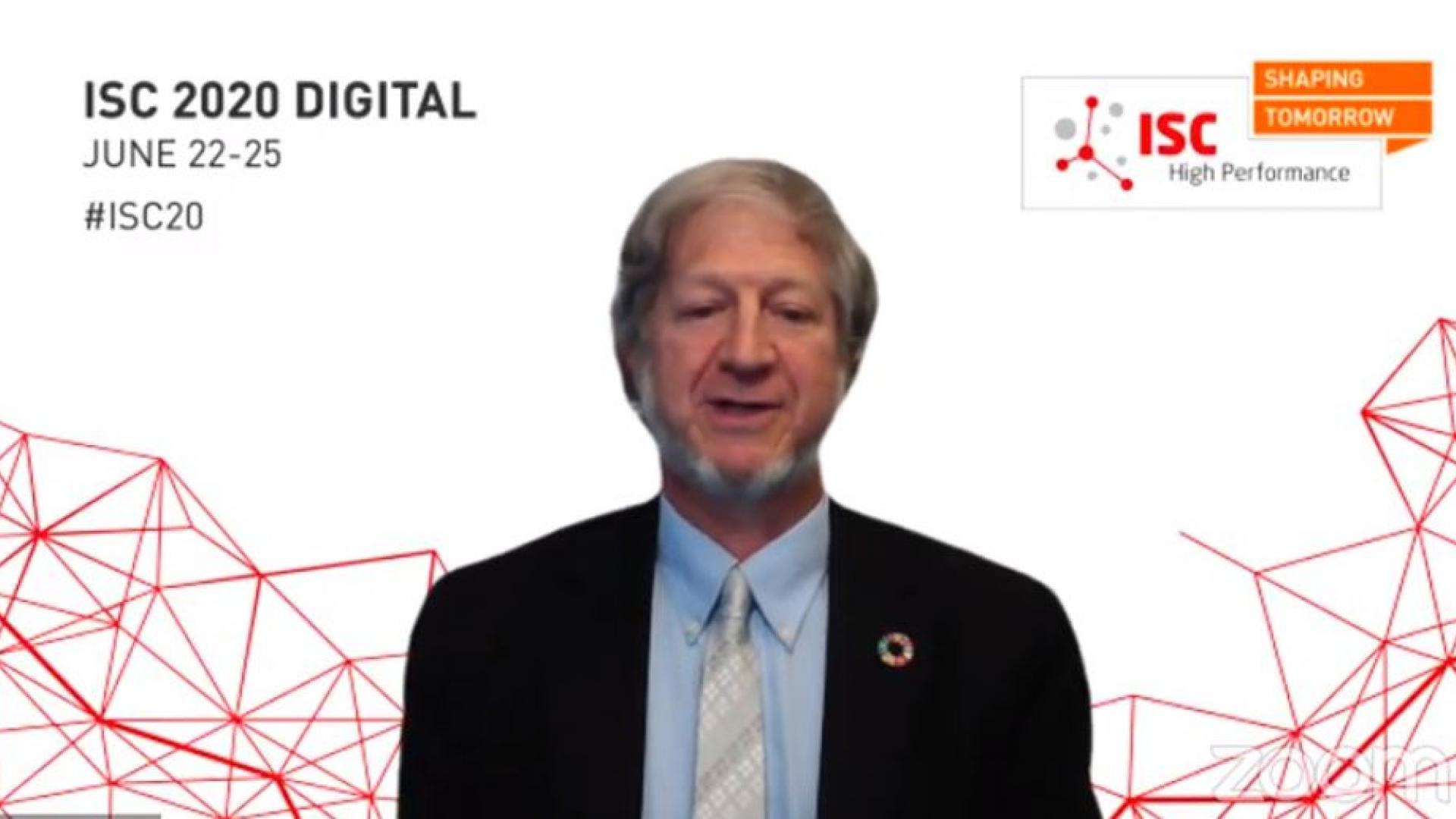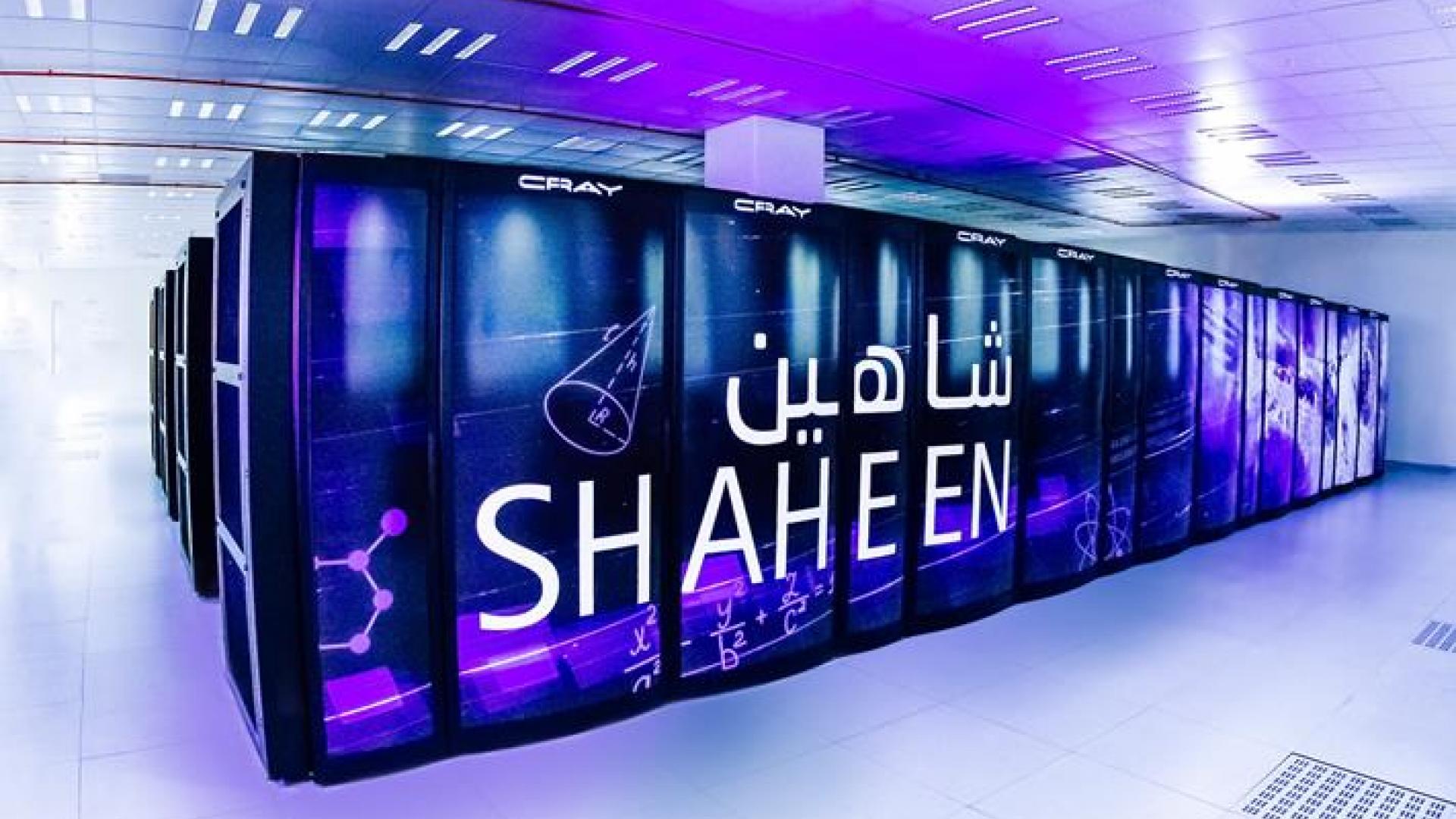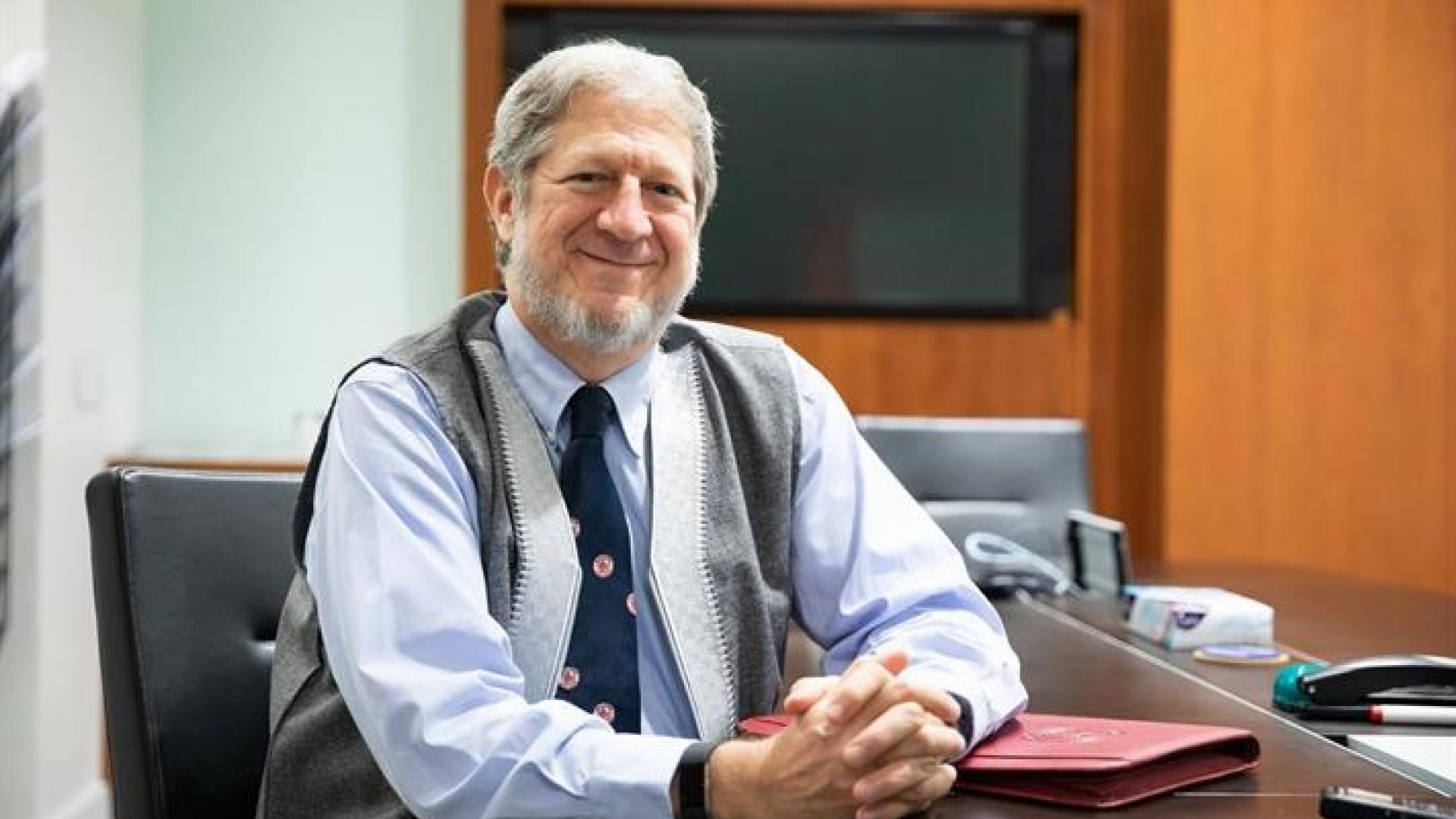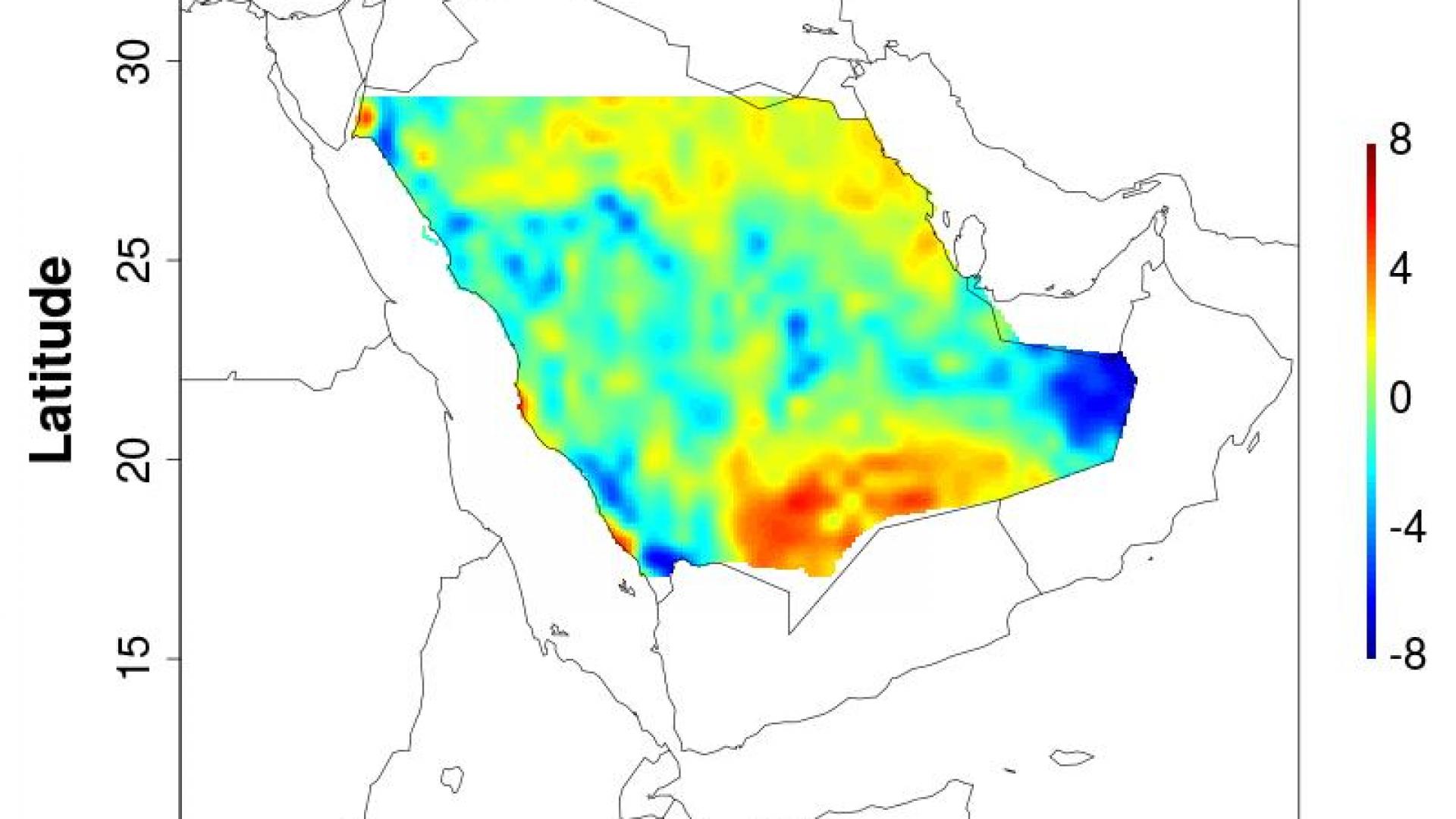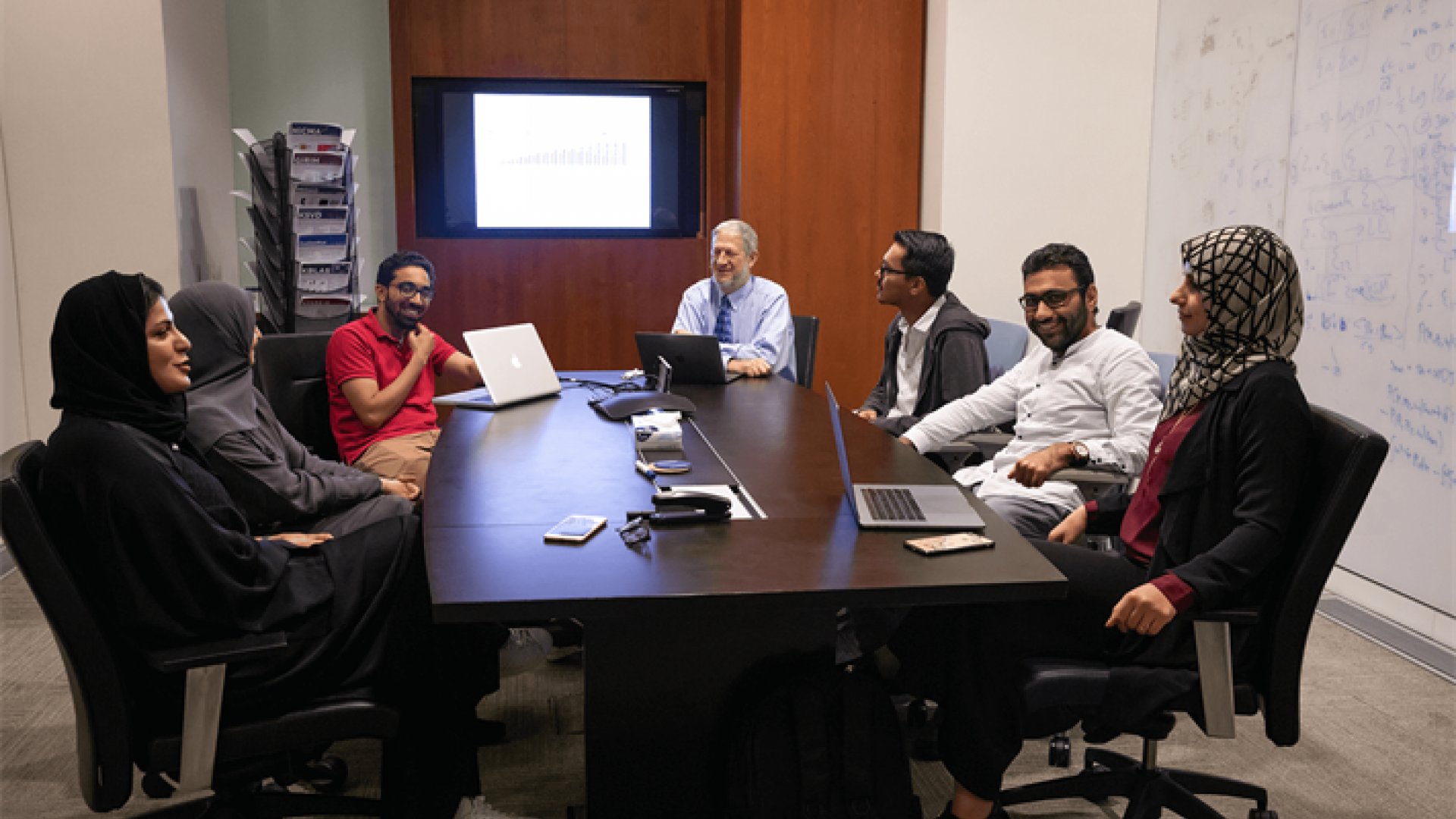A continuous data supply ensures data-intensive simulations can run at maximum speed.
KAUST Ph.D. graduate, Dr Tariq Alturkestani, won the best paper award at the prestigious annual international conference Euro-Par 2020. The paper was selected out of 158 papers that were submitted by candidates from all over the world.
H2Opus: a Performance-Oriented Library for Hierarchical Matrices
Download at https://github.com/ecrc/h2opus.
Turning your desktop to a Supercomputer with ExaGeoStatR
Download at https://github.com/ecrc/exageostatR.
Remember the old times where you had to leave your R simulations running for the whole night on your desktop due to a large climate/weather dataset?
Maximizing I/O Bandwidth for Out-of-Core HPC Applications on Heterogeneous Large-Scale Systems
Best Paper Presentation by Tariq Alturkestani
PhD Student, Computer Science, KAUST
Thursday, Aug 27, 3:30pm - 4:00pm (AST)
https://zoom.us/j/99947879910
KAUST Professor David Keyes, director of the KAUST Extreme Computing Research Center (ECRC) and professor of applied mathematics and computational science, chaired this year's International Supercomputing Conference (ISC). The ISC, which takes place in Frankfurt, Germany every June, is where the world's supercomputers are re-ranked for computational power, power efficiency, and performance on various scientific benchmarks.
Prof. Keyes and team successfully run virtually the ISC event: catch up on the opening session below!
Maximizing I/O Bandwidth for Out-of-Core HPC Applications on Heterogeneous Large-Scale Systems
PhD Dissertation Defense by Tariq Alturkestani PhD Student, Computer Science
Thursday, July 9, 16:00 - 17:00, https://kaust.zoom.us/j/94054511362
Contact Person: Tariq Alturkestani
KAUST Ph.D. graduate Dr. Noha Al-Harthi and doctoral student Rabab Alomairy, have won the German Gauss Center for Supercomputing (GCS) Award for original research that best advances high-performance computing. This makes KAUST the first Middle Eastern institution to receive this prestigious award.
The COVID-19 pandemic has imposed challenges across the globe that need to be solved using scientific discovery and innovation. In line with that, the KAUST Supercomputing Core Laboratory (KSL) has opened a call for proposals that require its supercomputer Shaheen II, as well as other cluster computing resources, to support research projects.
David Keyes, KAUST professor of applied mathematics and computational science; director of the University's Extreme Computing Research Center; and senior associate to the President of KAUST, will chair the International Supercomputing Conference (ISC) 2020. He will be the first program chair from a Middle Eastern institution, as announced by ISC 2020.
A powerful statistical tool could significantly reduce the burden of analyzing very large datasets.
For the past 10 years, KAUST has made a strong presence at the International Conference for High Performance Computing, Networking, Storage, and Analysis (SC) that takes place in different cities around the U.S. every year.
Astronomy research excellence is coming back home to the Middle East, where it took its first steps around 1200 BC. Custome new software developed by the KAUST Extreme Computing Research Center (ECRC) was released at the end of 2017. Named MOAO - Multiple Object Adaptive Optics â the software will contribute to the activities of the world's largest future optical telescope to be deployed in Chile in 2024.
A technique that uses the power of computing could solve statistical problems cheaper and faster than current methods.
